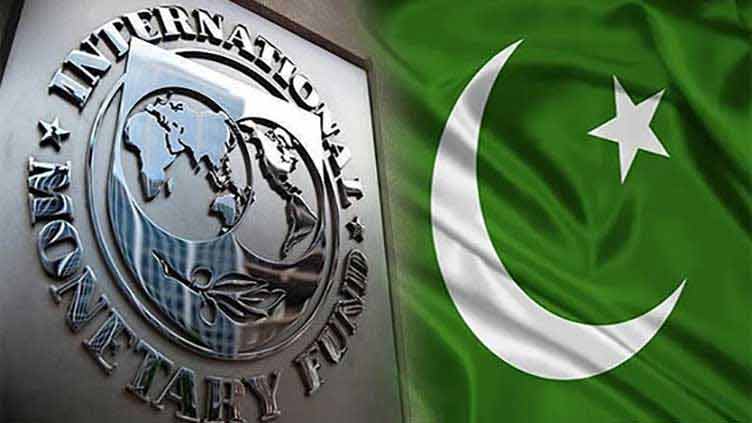Business
The IMF reached a staff-level agreement with Pakistan.
-

 Latest News1 hour ago
Latest News1 hour agoStatement from the chief meteorologist regarding the Karachi heatwave:
-

 Latest News1 hour ago
Latest News1 hour agoAitchison College appoints a new principal.
-

 Latest News1 hour ago
Latest News1 hour agoAbbasi says that Pakistan’s functioning will not be efficient without implementing improvements in the system.
-

 Latest News1 hour ago
Latest News1 hour agoPakistan and Turkey have reached an agreement to enhance their bilateral commerce to a total of $5 billion.
-

 Latest News1 hour ago
Latest News1 hour agoAdditional Pakistani students evacuated from Bishkek, which has been affected by unrest.
-

 Latest News1 hour ago
Latest News1 hour agoThe matriculation exams in Karachi have been rescheduled.
-

 Business40 mins ago
Business40 mins agoThe International Monetary Fund (IMF) and Pakistan have initiated discussions at the policy level.
-

 Latest News48 mins ago
Latest News48 mins agoIran has officially announced a period of national mourning following the tragic death of Raisi in a helicopter crash.














